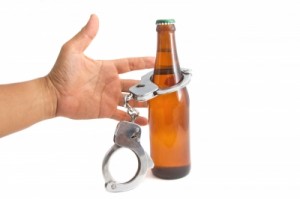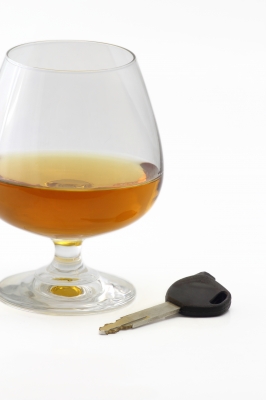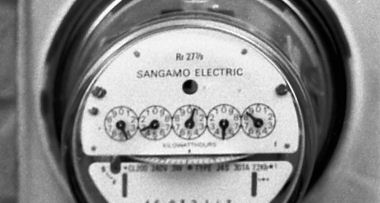For most American families, financial stability is a very fleeting thing. In fact, according to recent statistics, one-third of us are living paycheck-to-paycheck, which makes us vulnerable to financial emergencies. In many households, a “financial emergency” may arise if a child comes home and asks for $20 for tomorrow’s field trip.

Hidden Costs of a DUI Conviction
The non-fine court costs vary greatly among different jurisdictions and among individual cases. DUI attorneys, do their best to make their clients aware of all these costs:
- Probation fees: A DUI conviction nearly always involves a period of supervised probation; for a first offense, between nine and eighteen months is a typical period of probation. At a minimum, a probationer must pay monthly monitoring fees. In addition, if the judge orders the probationer to attend a DUI school or similar program, the probationer is generally responsible for any cost involved.
- Ignition Interlock Device: The IID is a common condition of probation. Colloquially referred to as a “blow and go,” the IID is essentially a Breathalyzer connected to a car’s ignition. Before starting the car, the driver must blow into the machine. Typically, even a trace amount of alcohol is sufficient to lock the ignition for up to 24 hours. The IID involves installation expense, monthly monitoring expense and removal expense. Predictably, the probationer is responsible for all these costs.
- Jail alternatives: If there is a mandatory jail sentence involved, and there generally is, many defendants are relived to find out that there are alternatives to confinement – house arrest, weekends and work release to name a few. Their relief sometimes dissipates when the defendants discover how much these alternatives cost.
Indirect DUI Costs
Like the direct costs, indirect DUI costs vary tremendously case-by-case. These costs usually are in one of two categories: points against your license and higher insurance rates.
- Points: In many point states, a DUI is at least a three-point offense; for commercial drivers, even if they were driving a private vehicle, the hit may be worse. There are some ways to remove points from your license and avoid license suspension. Unfortunately, the best way is often time.
- Insurance: Persons who wish to drive with a DUI conviction must generally obtain an SR-22; SR-22 rates are typically three to five times higher than normal auto insurance rates due to the additional risk. Expect the higher rate to continue for at least three years.
As always, if you anticipate a problem meeting these and other DUI-related expenses, the best thing to do is avoid getting a DUI in the first place. Don’t drink and drive, have a designated driver or take a cab. Even better… give up alcohol altogether. It isn’t a prerequisite to having fun.


